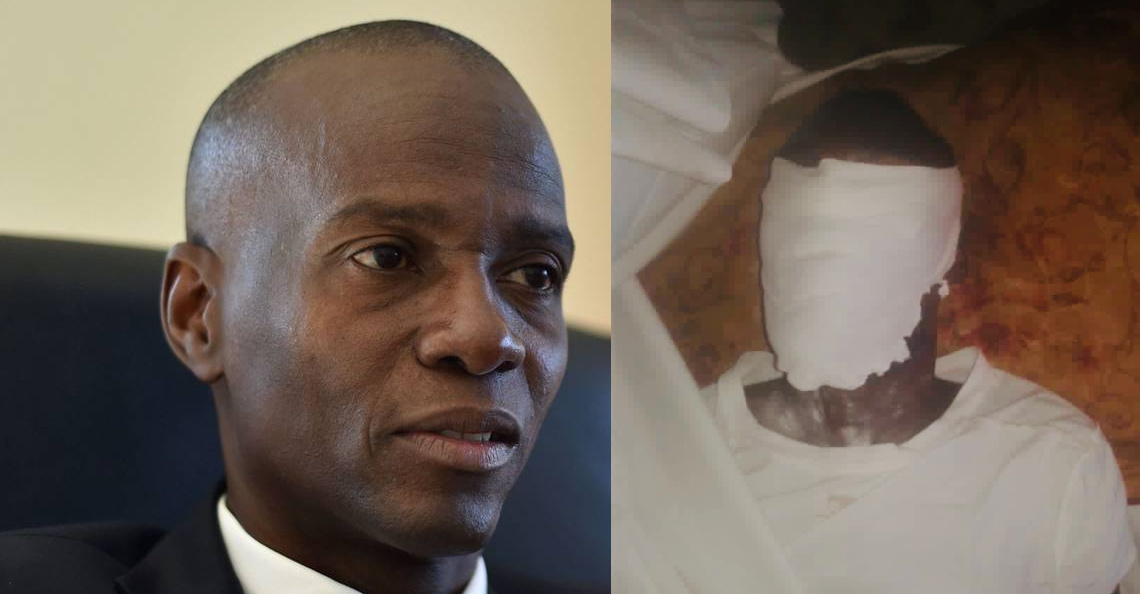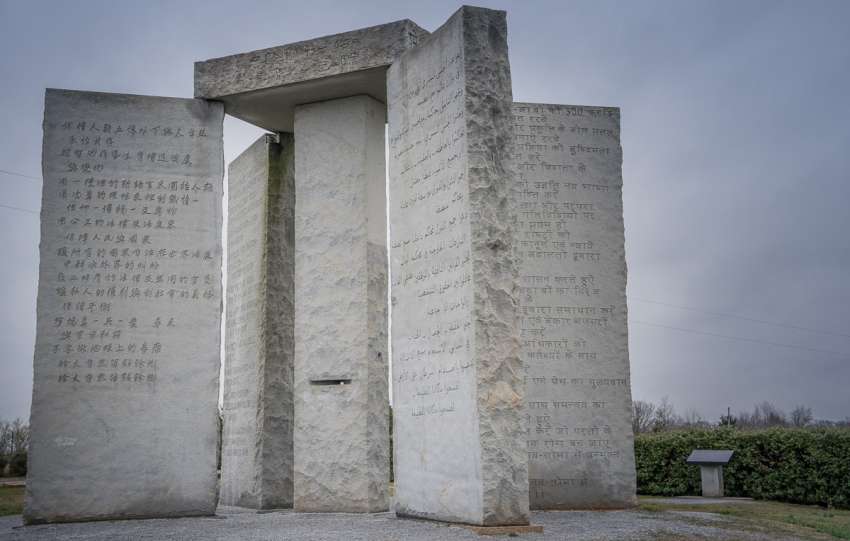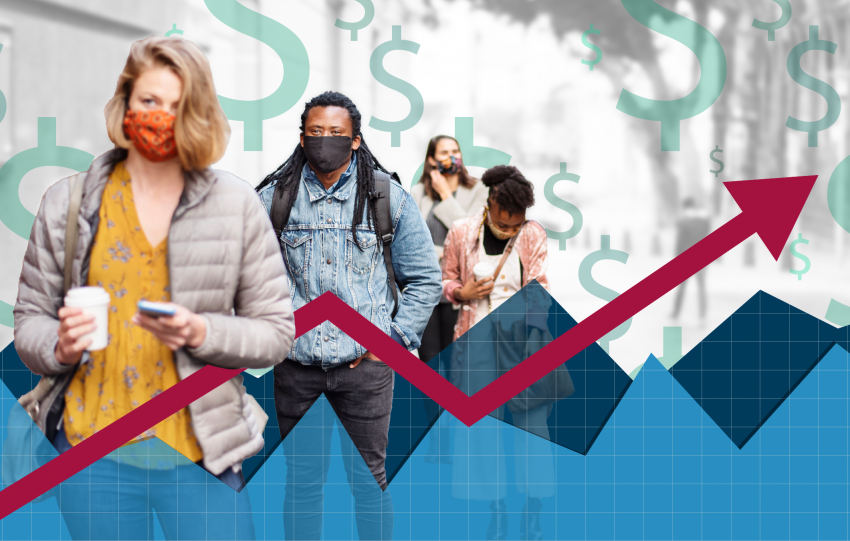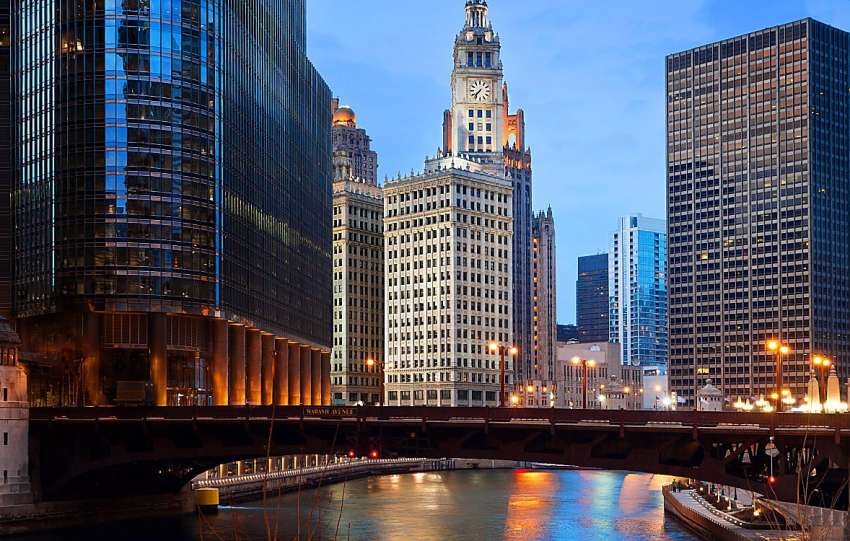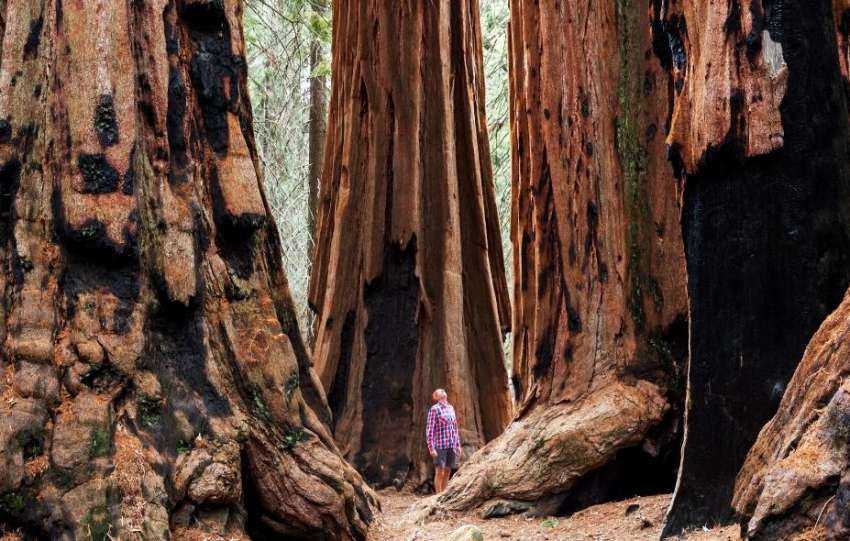Haiti became Latin America and the Caribbean’s first independent state of the colonial era and the first Black-led Republic when it threw off French rule in the 19th Century. But it has suffered cycles of violence, invasion, and repression for most of it’s history.
The African people of Haiti derived from various areas, spanning from Senegal to the Congo. Most of which were brought from West Africa, with a considerable number also brought from Central Africa. Some of these groups include those from the former Kongo Kingdom (Kongo), (Igbo Benin (Ewe and Yoruba), and Togo Land.
Prior to its independence, Haiti was a French colony known as St. Domingue. St. Domingue’s slave-based sugar and coffee industries had been fast-growing and successful and by the 1760’s it had become the most profitable colony in the America’s. Haiti was the richest colony and Haiti’s early history is characterized by remarkable economic output. On the eve of the Haitian Revolution, Saint Domingue had become the most lucrative colony in the world. It was the world’s Top Producer of sugar and coffee and among the global leaders in indigo, cacao and cotton.
We are shocked and saddened to hear of the horrific assassination of President Jovenel Moïse and the attack on First Lady Martine Moïse of Haiti. This was a highly coordinated attack by a highly trained and heavily armed group”. The attackers were Spanish and English speaking. Haiti is a French and Creole-speaking country.
The attackers had fled and remained unidentified until late Wednesday. Senior Government officials suggested in interviews that the assailants may have been foreign, high-rank military, without elaborating. The President’s neighbor said she was awakened by frantic messages from relatives who live in the vicinity of Mr. Moïse’s residence. They heard volleys of heavy gunfire that lasted more than 12 minutes, she said.
 The motive for this brutal and barbaric killing isn’t clear. Some said President Jovenel Moïse was killed because he refused to let the “rich” get the country’s money for their own benefit. However, Haiti has been in increasing turmoil over the past few years and months, in large part due to the controversial President. Violent protests erupted earlier this year over allegations of government corruption as well as the President’s refusal to step down when his term ended in February 2021. He maintained that his term runs into 2022 and had no plans to step down before then.
The motive for this brutal and barbaric killing isn’t clear. Some said President Jovenel Moïse was killed because he refused to let the “rich” get the country’s money for their own benefit. However, Haiti has been in increasing turmoil over the past few years and months, in large part due to the controversial President. Violent protests erupted earlier this year over allegations of government corruption as well as the President’s refusal to step down when his term ended in February 2021. He maintained that his term runs into 2022 and had no plans to step down before then.
Why is nobody talking about what ignited the situation? To begin with, let’s talk about key events in Haiti’s political history:
1801 – The first President of Haiti (Jean-Jacques Dessalines) takes office on the 1st January 1801 until October 1806.
1804 – Haiti becomes independent under former slave Jean-Jacques Dessalines, who was assassinated in 1806.
1915 – The US invades Haiti, withdrawing in 1943 but keeping financial control and political influence.
1937 – Major Incident of long-standing rivalry with the neighboring Dominican Republic, thousands of Haitians in the border area are massacred by Dominican troops on the orders of Dictator Trujillo.
1957 – Francois “Papa Doc” Duvalier takes power with military backing; ushering in a period that sees widespread human rights abuses.
1964 – Duvalier declares himself President-for-Life. His dictatorship is marked by repression, enforced by the feared Tonton Macoutes secret police.
1966 – In St Augustine Florida, the Campus of Florida Memorial College, prior to it moving to Miami, Florida in 1966 and subsequently being renamed Florida Memorial University. At its founding, Florida Memorial was aided by the assistance of prayerful Haitian Men and women who worked hard at its founding. St Augustine Florida as I understand has a statue commemorating the great contributions of the Haitians that settled.
1971 – Duvalier dies and is succeeded by his son, Jean-Claude, or “Baby Doc”. Repression increases in the decades to follow.
1986 – Popular revolt forces Baby Doc to flee Haiti and find to exile in France. Lieutenant-General Henri Namphy takes over for a few months.
1988 – General Prosper Avril takes over from Namphy in a coup.
1990 – Avril declares a state of siege amid protests but resigns ahead of elections under international pressure.
1990 – Former Jean-Bertrand Aristide, a brilliant champion of the poor, wins Haiti’s first free election. He is later ousted in a coup in 1991.
1994 – U.S. troops intervene to oust the military regime and Aristide returns. U.N. Peacekeepers Deploy in 1995 and Aristide protégé Rene Preval is elected President.
1999 – Aristide is elected President for a second term despite disputed results.
2004 – Political unrest forces Aristide to flee but the country descends into further violence.
2006 – Preval wins the election.
2008 – Series of protests, triggered by food shortages.
2010 – An Earthquake kills between 300,000 to 430,000 people and the world donates over 10 billion dollars in aid assistance.
2011 – Michel Martelly was elected as President in May 2011 and ran until February 2016.
2012-13 Anti-government protests are fueled by corruption and poverty while burning tires in the streets and persistent food riots are ongoing. Demonstrators demand Martelly resign.
2017 – Jovenel Moise, a countryman, banana exporter-turned-politician, is declared winner of the 2016 Presidential election.
2019 – Moise steadily amasses power and rules by decree after Haiti fails to hold elections due to political gridlock and unrest.
2020 Every so often thousands take to the streets chanting “No to dictatorship” and calling for Moise’s resignation.
July 7, 2021 – President Jovenel Moise was shot dead by unidentified attackers overnight, stirring fears of another bout of turmoil.
July 8, 2021 – Police kill four suspected ‘mercenaries’ and capture two others as President Jovenel Moise’s assassination threatens more chaos.
Security forces in Haiti have shot dead four suspected killers of President Jovenel Moise and captured two others.
The country’s police chief said on Wednesday, as the brazen assassination threatened to plunge the already impoverished, crisis-hit Caribbean nation deeper into trouble.
Leon Charles, the Police General Director said the four people killed were “mercenaries” and said that security forces were locked in a fierce gun battle with the men who assassinated the president at his home overnight.


